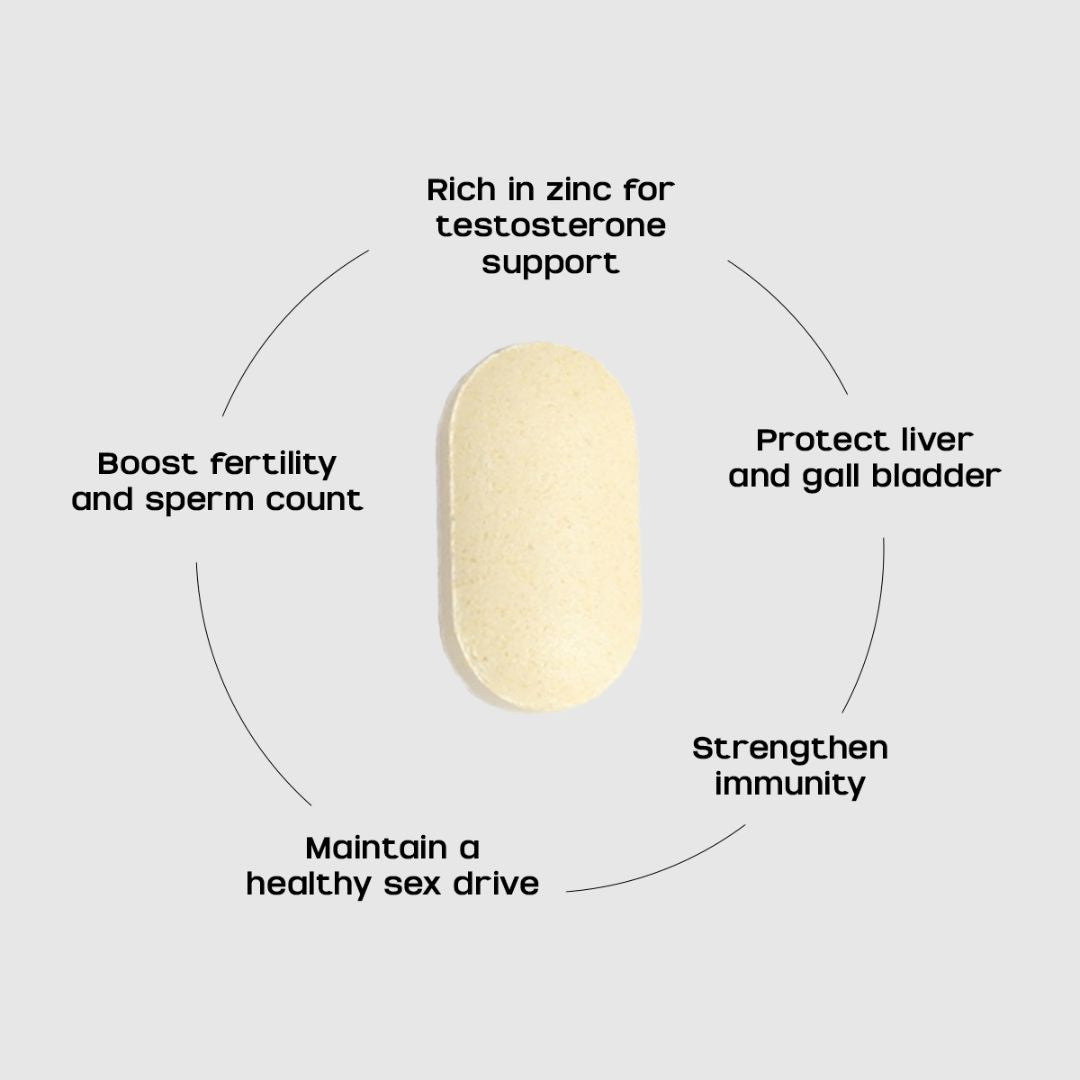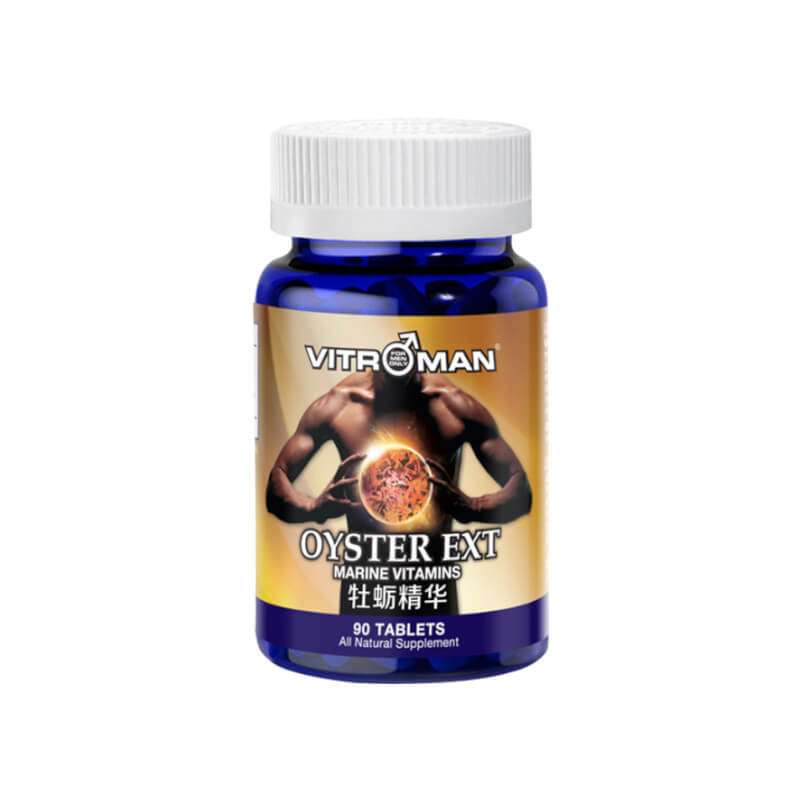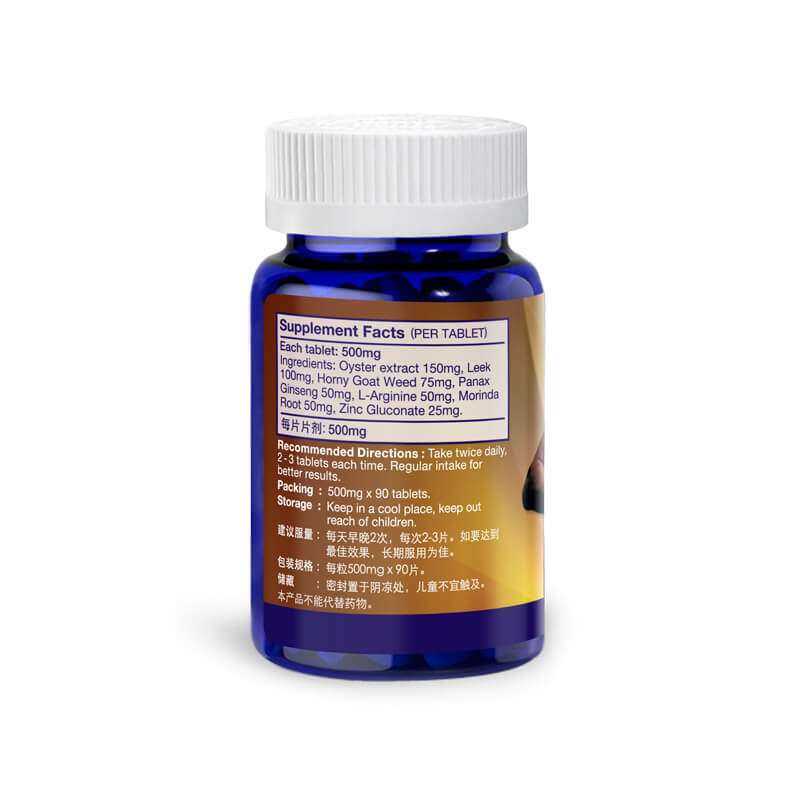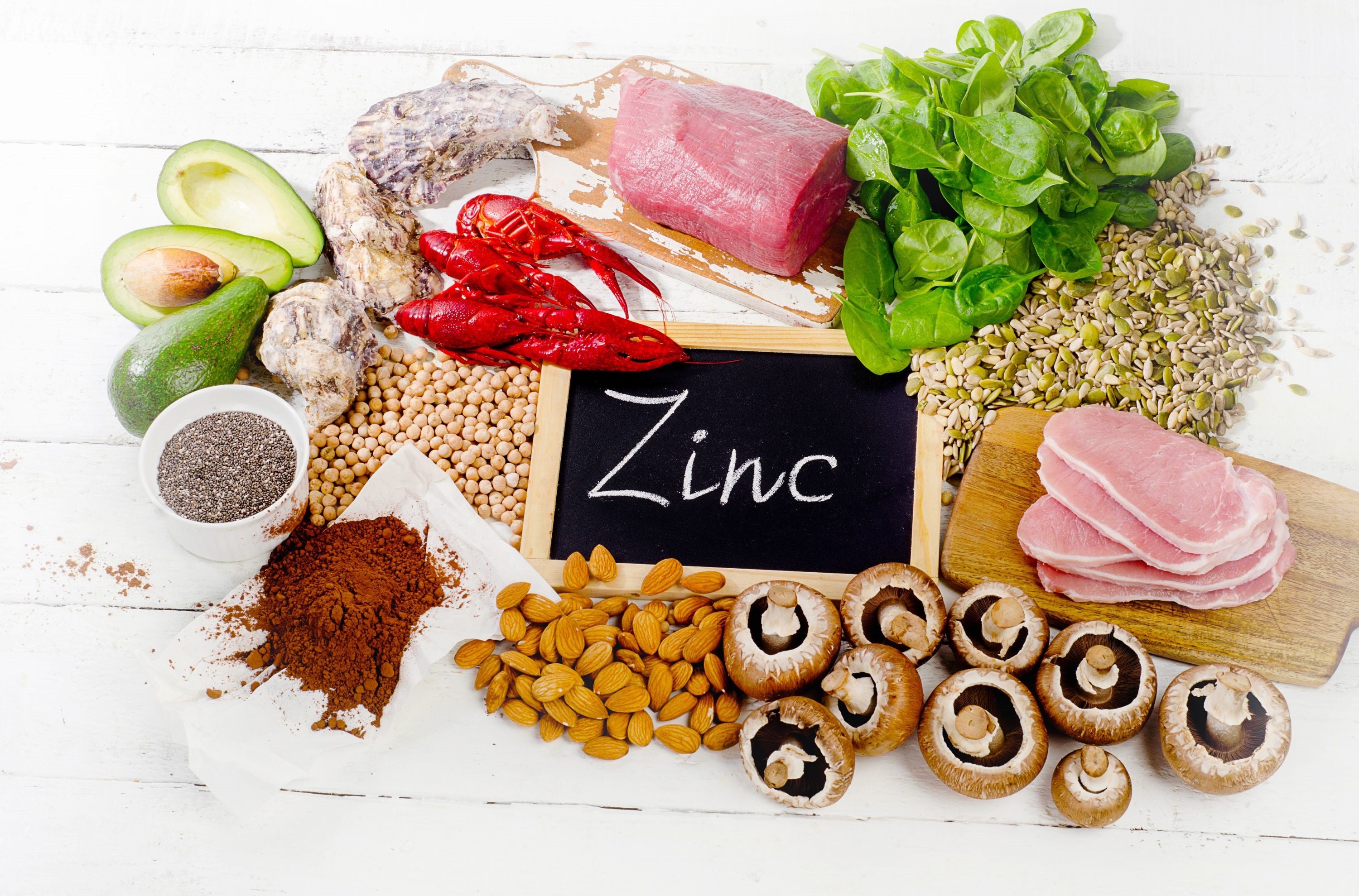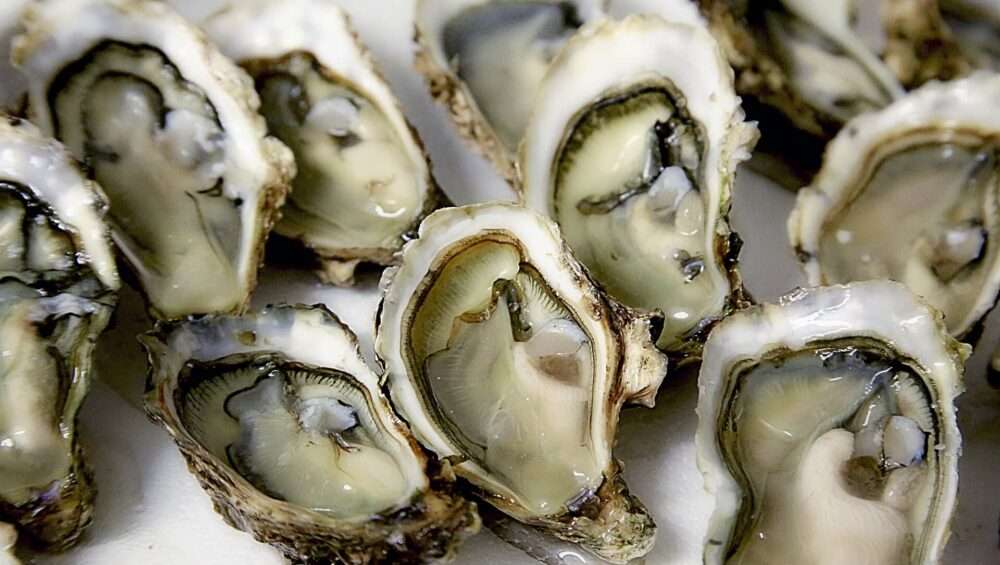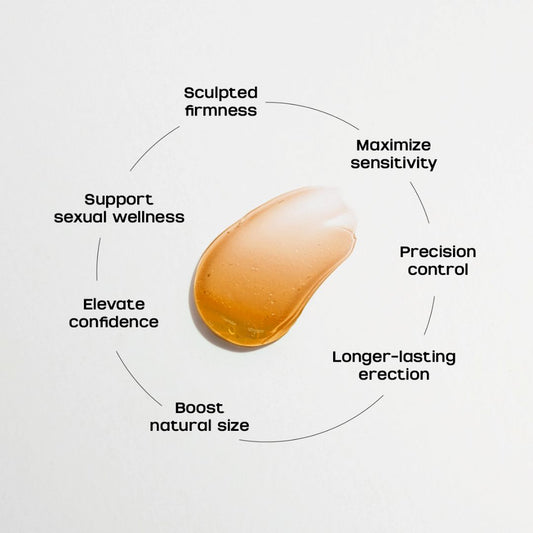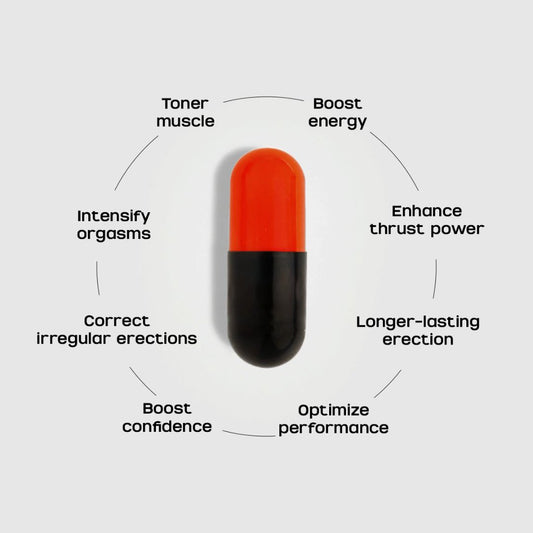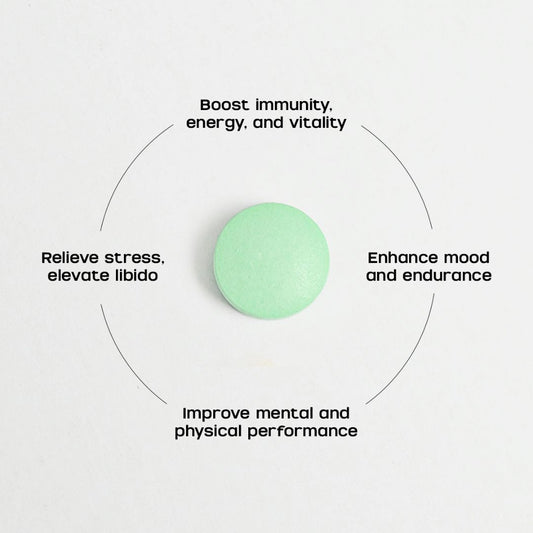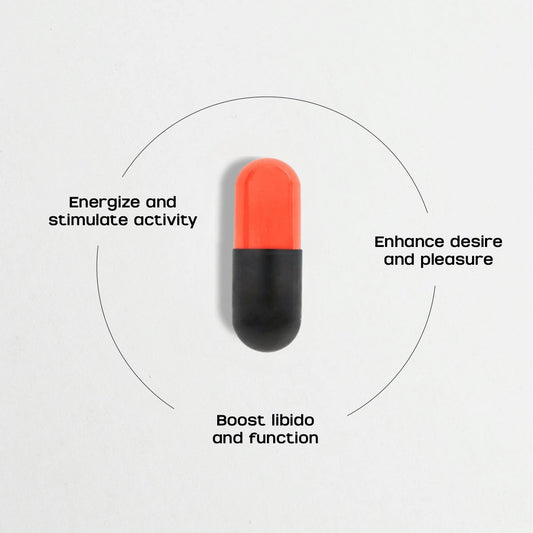
Are Oysters Aphrodisiac?
Share
Oysters have long been associated with romance and passion, with many believing in their aphrodisiac properties. But is there any truth to this age-old belief? Let's dive into the science behind oysters and their supposed aphrodisiac effects.
What makes oysters a popular choice for romance?
Oysters are rich in zinc, a mineral known to boost testosterone levels in the body. Testosterone plays a key role in libido and sexual function, which may explain why oysters have gained a reputation as an aphrodisiac. Additionally, the sensual act of eating oysters, often considered a delicacy, can also contribute to their romantic allure.
Do oysters really have aphrodisiac properties?
While oysters are a good source of zinc, there is limited scientific evidence to support the claim that they have direct aphrodisiac effects. Studies on the link between oysters and libido have yielded mixed results, with some suggesting a potential correlation while others finding no significant impact.
Are there other health benefits to eating oysters?
Regardless of their aphrodisiac properties, oysters are a nutritious food choice. They are low in calories and fat, high in protein, and packed with essential nutrients like vitamins B12 and D, iron, and omega-3 fatty acids. These nutrients support overall health and well-being, making oysters a valuable addition to a balanced diet.
Final thoughts
While the romantic association between oysters and aphrodisiac effects may be more myth than reality, there's no denying the nutritional benefits of including oysters in your diet. Whether you enjoy them for their potential libido-boosting properties or simply for their delicious taste, oysters can be a healthy and enjoyable addition to your meals.



